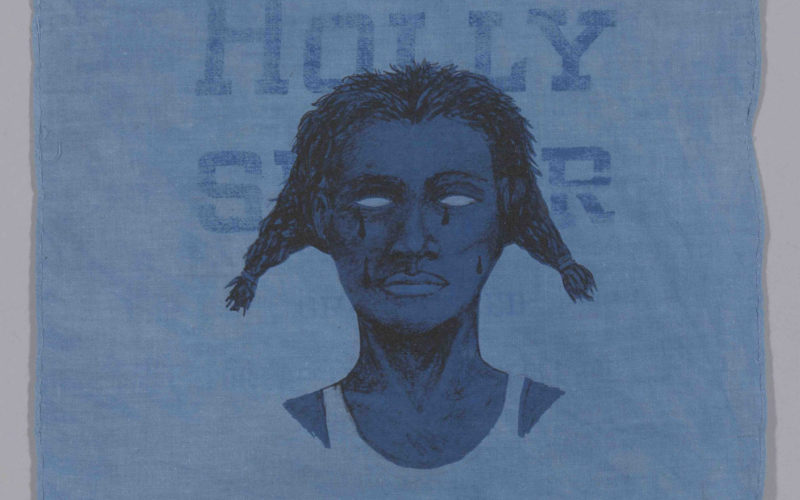Alison Saar’s art reflects on ‘shared humanity’
BECCA MARTIN-BROWN
bmartin@nwadg.com
Born in 1956, artist Alison Saar was a child who looked up to three things — her parents and a unique folk art installation in her native Los Angeles.
“Saar credits her mother, acclaimed collagist and assemblage artist Betye Saar, with exposing her to metaphysical and spiritual traditions,” reads her biography at the National Museum of Women in the Arts. “Assisting her father, Richard Saar, a painter and art conservator, in his restoration shop inspired her learning and curiosity about other cultures.”
But asked what piece of art she first remembers seeing, Saar says the Watts Towers, described by Discover Los Angeles as “exemplars of folk art and outsider art.”
“The Watts Towers built by Simon Rodia was the first work of art I remember seeing,” says Saar, renowned herself now as an assemblage artist. “I was 3 years old at the time. The Watts Towers were very influential in my decision to become an artist. I found the scale and the ‘impossibility’ of the work extremely inspirational. The notion that one could make art out of anything and that it did not need the support of a museum or an art gallery to exist was revolutionary for me.”
Built on a triangular piece of land described as “spitting distance from the train tracks that run through the center of Watts,” the 17 sculptures known as the Watts Towers “rise like giant, inverted ice cream cones toward the sky,” writes Discover Los Angeles. “The openwork spires are embedded with shells, tiles, soda bottles, mirrors, shards of pottery and two grinding wheels. It remains an island of whimsy in the middle of an urban landscape.”
Read those words, then consider this description of Saar’s own unique creations.
“Saar’s sculptures often depict powerful figures carved from wood or cast in bronze, that are articulated with found objects – material artifacts that enrich the work with a narrative all their own,” says Cynthia Norse Thompson, exhibit curator for “Mirror, Mirror: The Prints of Alison Saar,” an exhibition gathered from the collection of Jordan D. Schnitzer and the Schnitzer Family Foundation and on show at the Walton Arts Center as a continuing part of the Artosphere celebration. “As a practice maintained in connection to and in tandem with her sculpture making, Saar undertakes printmaking with the same tangible approach to unconventional materials and methods. Cast-off objects like old chair backs and found ceiling tin become the foundations for etching or lithography plates. Carved wooden panels used for wood block prints echo similar techniques established in her hewn wooden forms.”
In addition to printing on paper, Saar also employs a variety of used fabrics like vintage handkerchiefs, old shop rags and antique sugar sacks that are layered, cut, sewn and collaged – empowering the content of the image while resisting the flat repetitive nature of the medium.
Then consider that Saar initially wanted to be an art historian “but recognized early on that I was a maker not a writer.”
Saar says that in “each generation I see more opportunities for women of color in the arts. For my mother, Betye Saar, black artists were getting some attention nationally as the work coincided with the civil rights movement and the Black Power movement. For myself, I saw a second wave of artists of color and women artists being recognized and shown both nationally and internationally.
“I do not see my viewers as black and white,” Saar adds in answer to a question. “My work is seen by many people of many colors and cultures, and I would hope that all viewers are able to see our shared humanity as opposed to our differences.”
__
FAQ
‘Mirror, Mirror: The Prints of Alison Saar’
WHEN — Through Oct. 4; hours are noon-2 p.m. Monday-Friday & one hour before performances
WHERE — Walton Arts Center in Fayetteville
COST — Free
INFO — waltonartscenter.org
BONUS — A closing reception is set for 6:30 p.m. Sept. 12.










